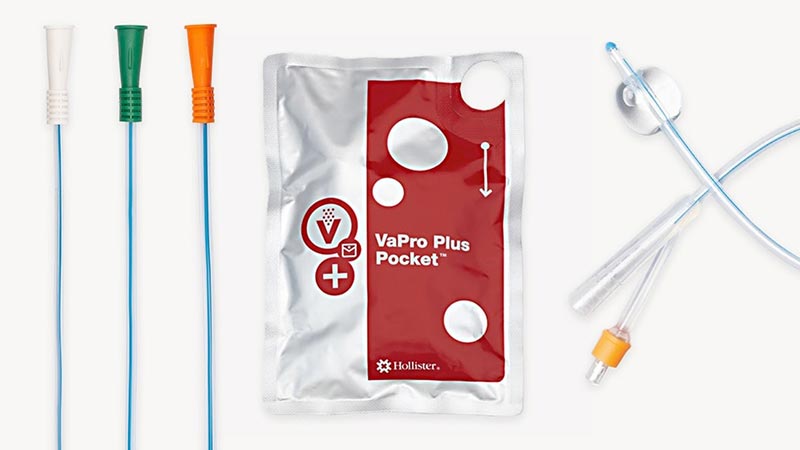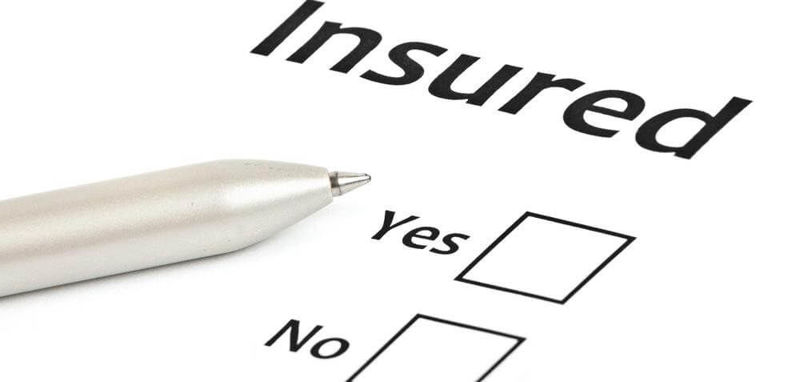If your doctor has prescribed self-catheterization based on your health conditions, you may find yourself worrying about its costs. Your health insurance may cover a part of it (or all of it depending on your plan), but if you don’t have insurance, medical supplies like single-use intermittent catheters can turn out to be pretty expensive.
That’s why it’s important that you understand the costs involved and how you could go about finding the best solution for your needs and budget. In this article, we’ll break down the costs of different types of catheters, understand the factors that affect pricing, and discuss how you can get the best price and value for catheters.
Let’s get started.
What’s the cost of catheters?
Not all catheters are created equal. Some are more costly than others depending on the manufacturer’s cost. The manufacturer decides the price at which they’ll offer a particular product and sets the manufacturer’s suggested retail price (MSRP). This usually ranges from 50 cents to $7 per catheter.
So, depending on the type and the manufacturer, you may be looking at anywhere between $100 and $1400 per month for the catheters alone (considering your doctor has recommended cathing six times a day).
It’s also worth noting that most of the cheaper options (the 50-cent variety) are uncoated and can be painful to use. In such cases, you may also need to purchase additional supplies like sterile lubrication packages and manually lubricate your catheters.
What factors impact the pricing of catheters?
Some types of catheters are considered to be more high-end because of their features, materials, lubrication, packaging, etc.
For example, besides the uncoated catheters, there are other variants that are pre-lubricated. There is also a hydrophilic option (which uses a water-based lubricant) that has become quite popular among catheter users in the last few years.

Hydrophilic catheters are typically more expensive than pre-lubricated ones (which are more expensive than uncoated ones).
Also, a closed system catheter is more expensive than a straight catheter. The straight catheter (coded as an A4351) is reimbursed at $1.79 each by Medicare. The closed system catheter (an A4353), on the other hand, is reimbursed at $8.15 per catheter. So there’s a significant difference between one to the other.
Who sets the pricing?
There are manufacturers in the industry who are considered to be more high-end while there are others who are considered to be more cost-efficient. Ultimately, it’s the manufacturers who set their own prices for catheters.
That said, each individual insurance provider dictates how much they reimburse per catheter. We don't get to set that amount, neither does the patient and nor does the industry.
Only the insurance company sets that amount.
Does insurance cover the cost of catheters
In most cases, there’s a good chance that your insurance provider will cover the cost of your catheters. However, the specifics of coverage will depend on the company and your particular plan.
For example, some insurance companies may cover the entire cost so there are no out-of-pocket expenses for you, while others may involve certain deductibles, subject to which they may cover a part of your catheter costs.
That said, your insurance provider sets the amount they will reimburse per catheter. So, it’s up to you to choose a product within that range.
Our Office Manager, Monica Zepeda says, “A lot of patients are pretty set on what catheter they personally like, so their cost is going to depend on what catheter they choose to use on a regular basis.”
If you choose a catheter that costs more than what’s covered by your insurer, you’ll have to pay for the difference out-of-pocket.
What if you don’t have insurance?
If you don’t have health insurance (or if your insurance doesn’t cover catheters), we can still offer multiple low-cost options for you. Urology Pros offers several brands of catheters that may be way more affordable if you’re paying out-of-pocket without having to compromise on the quality.
We'll send you samples (of different sizes, coatings, materials, etc.) so you can figure out which one of them feels the most comfortable. Ultimately, it’s about finding that perfect balance where your catheter offers just the right amount of features that make it safe and comfortable for use without taking a major toll on your wallet.
How to get the best price and value for catheters
Finding the best price and value for your catheters doesn’t have to be complicated. All you need to do is call us and tell us your budget. We’ll provide you with free samples of products in your price range and give you the best deal that we possibly can.
If you’re covered by insurance or Medicare, we’ll take care of filing the claims for you, so the company pays for your catheters based on their set reimbursement schedule. We’ll work directly with your doctor’s office to get the necessary prescriptions and documentation, so you don’t need to go through that hassle on your own.
By choosing Urology Pros, you’ll get access to multiple catheter choices at great prices. Just call us and we'll help you find the best catheter for your budget. Contact us today to speak with a personalized service representative who will help you find the perfect solution for your needs!




